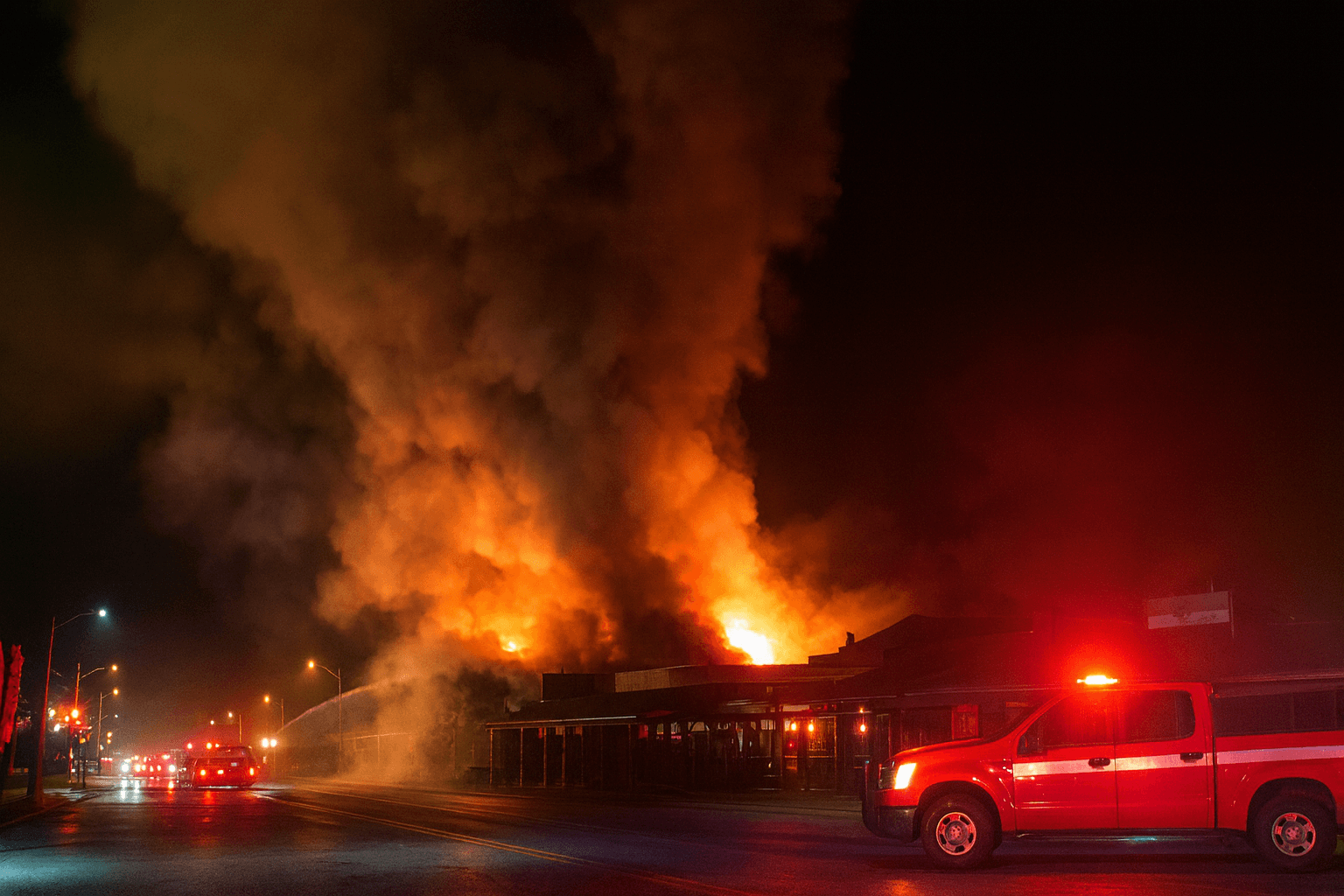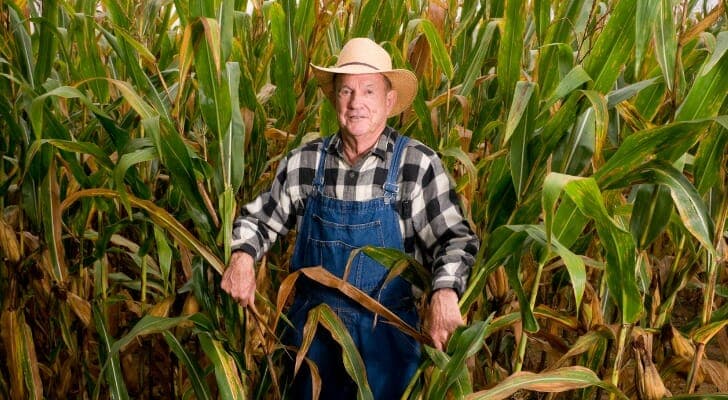Dubois County Ignites Safety Measures: Burn Ban Takes Effect as Drought Deepens—What Residents Need to Know Now
In a swift response to escalating fire risks amid persistent dry weather, the Dubois County Board of Commissioners enacted a county-wide burn ban, effective September 15, 2025.

In a swift response to escalating fire risks amid persistent dry weather, the Dubois County Board of Commissioners enacted a county-wide burn ban, effective September 15, 2025. The decision, unanimously recommended by the area’s 12 fire chiefs, targets open burning practices long common in this agricultural heartland, where fallen leaves and crop residues are often cleared with a quick flame. The ban arrives at a critical time for Dubois County, a region of rolling hills and family farms that fuel Indiana’s broader economic engine.
Recent weeks have seen no significant rainfall, leaving soils parched and vegetation brittle—conditions mirroring statewide drought alerts but hitting local operations hardest.
On September 24, the county’s America 250th Committee gathered at the Ireland Historical Society Building to plan events for the nation’s semiquincentennial, a reminder of community spirit even as environmental pressures mount. Yet, the burn ban underscores a more urgent reality: unchecked fires could spiral into threats for homes, livestock, and infrastructure, especially with fall’s harvest season underway. This isn’t an isolated alert.
On September 22, the Indiana Department of Transportation announced a lane closure on U.S. 231 near Haysville for bridge overlay work, a project delayed by the same dry spell that now necessitates the ban.
Fire officials, drawing from historical data on drought-fueled blazes in southern Indiana, emphasized prevention over reaction. The measure applies across unincorporated areas and extends to cities like Jasper and Huntingburg unless local authorities opt out—a flexibility that invites varied enforcement but also potential gaps in coverage. For residents, the shift demands quick adaptation. Open burning for yard waste or field clearing is now off-limits, pushing folks toward curbside pickup, composting, or hired services.
Small-scale farmers in places like Ferdinand or Winslow, where land stewardship is a way of life, may feel the pinch most acutely; these operations often rely on cost-free burning to manage debris efficiently. The county’s emergency management team, already stretched thin, will monitor compliance through routine patrols and public tips, with violations potentially leading to fines under state fire codes. What makes this story burn bright for Dubois County? It’s a tangible clash between tradition and necessity, set against the backdrop of a community that values its green expanses.
As the Huntingburg Herbstfest unfolds from September 25-28 in Huntingburg City Park—complete with outdoor vendors and family gatherings—the ban serves as a sobering sidebar, reminding attendees to douse cigarettes and secure grills.
Local leaders see it as a proactive step, not a lockdown, aimed at preserving the very landscapes that define life here. Looking ahead, residents should monitor rain forecasts or ban updates, potentially tied to upcoming commissioner meetings. For now, Dubois County’s 43,000 residents are called to vigilance, turning a dry spell into a lesson in collective care. Those with questions can contact the Dubois County Sheriff’s Office or fire departments directly; alternatives like community clean-up drives could emerge as silver linings, fostering neighborly ties in the “Heart of Southern Indiana.” This ban isn’t just policy—it’s a flare for resilience, ensuring the county’s heartbeat stays steady through the haze.


